Introduction
The Ultimate Guide to Border Collie covers their intelligence, agility, and work ethic.
- Originally bred for herding, they excel in various canine sports and activities
- They require significant mental and physical stimulation to stay happy and healthy
- This guide will provide comprehensive information on caring for a Border Collie
- From training tips to health concerns, you’ll find all the essential details here
- Understanding these aspects will help you provide the best care for your Border Collie
1. History and Origin
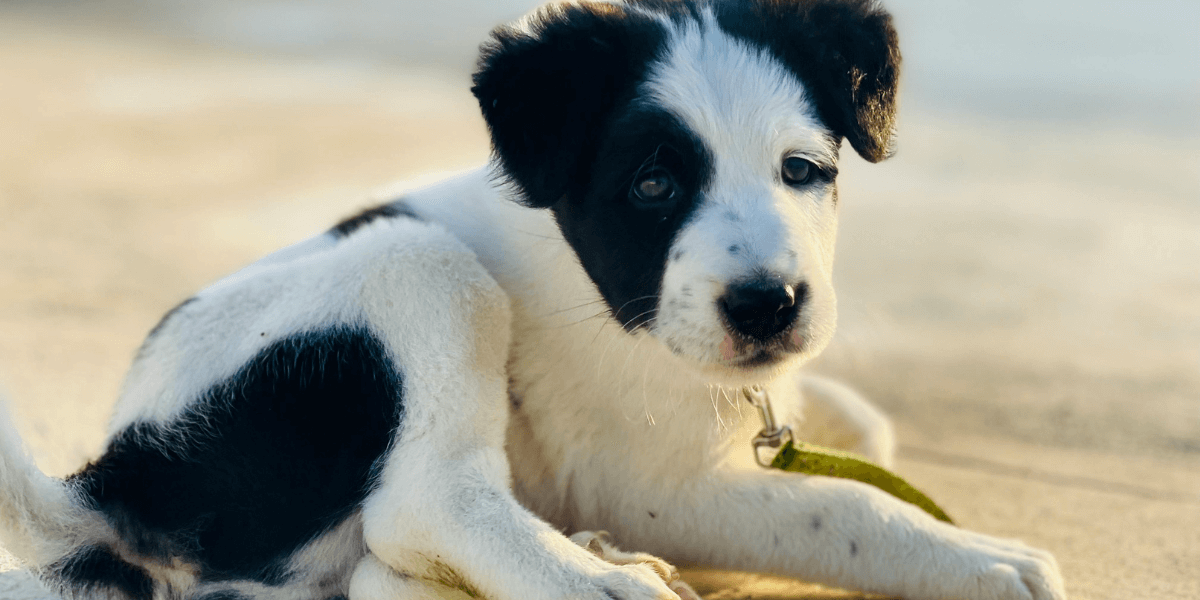
The Border Collie has a rich history and a background rooted in herding and farming.
- Origins: The breed originated in the border region between England and Scotland
- Purpose: Initially bred for herding sheep, showcasing exceptional work ethic
- Naming: The term “Collie” is derived from the Scottish word for sheepdog
- Recognition: Officially recognized by various kennel clubs in the early 20th century
- Early Breeding: Crossed with various breeds to refine herding abilities and traits
- Evolution: Adapted from working dogs to versatile companions and competitors
- Heritage: Remains a symbol of the agricultural heritage of the British Isles
2. Physical Characteristics
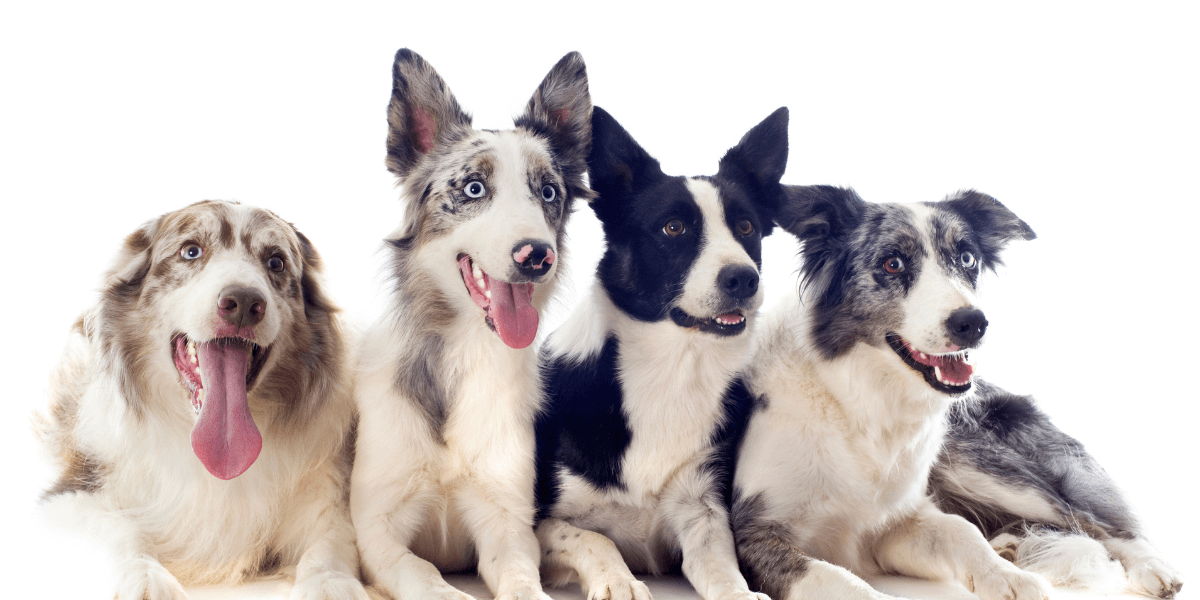
Border Collies are known for their distinctive appearance and physical traits.
- Size: Medium-sized dogs with a well-proportioned build and athletic frame
- Coat: Comes in a variety of colors and coat types, including smooth and rough
- Eyes: Often have expressive eyes that can be brown, blue, or even one of each
- Ears: Ears can be erect or semi-erect, adding to their alert and attentive look
- Tail: Typically has a bushy tail that is carried low or with a gentle curve
- Build: Muscular and agile, built for stamina and endurance in work and play
- Gait: Moves with a smooth, balanced gait, reflecting their agility and speed
3. Temperament and Behavior
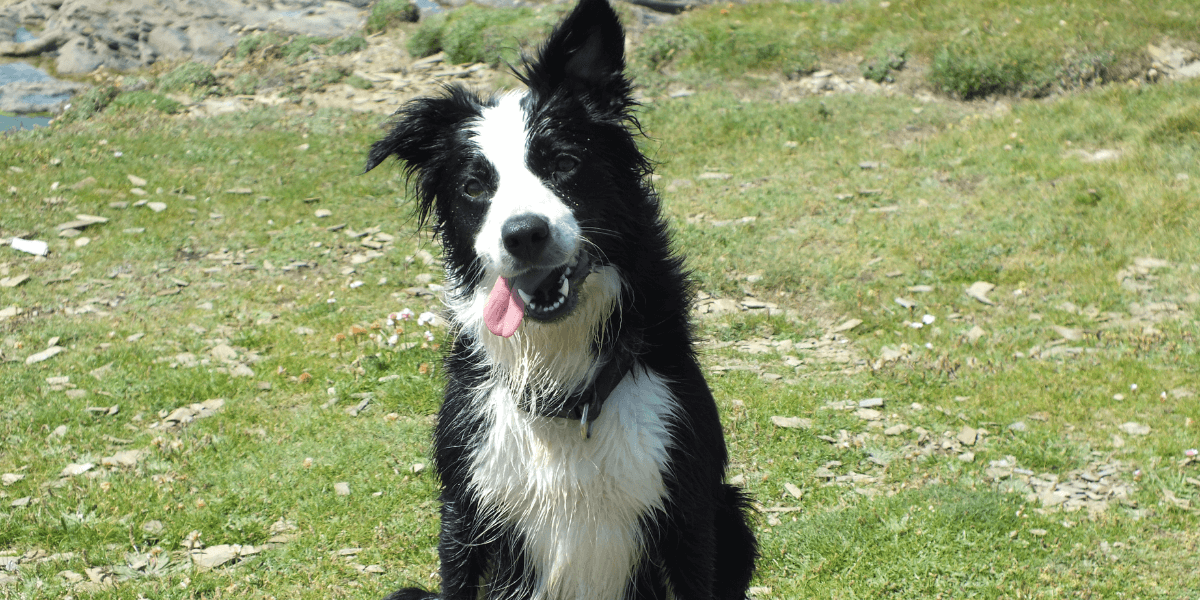
Use the Ultimate Guide to Border Collie to understand their key traits and behavior.
- Intelligence: Known for their high intelligence and quick learning ability
- Energy Levels: Requires high levels of exercise and mental stimulation daily
- Trainability: Highly trainable and responds well to positive reinforcement
- Socialization: Generally friendly but needs early socialization to avoid shyness
- Work Ethic: Enjoys having a job and can become bored if not sufficiently occupied
- Family Life: Gets along well with families and children when properly trained
- Behavioral Traits: May exhibit herding behaviors such as chasing and nipping
4. Training Tips
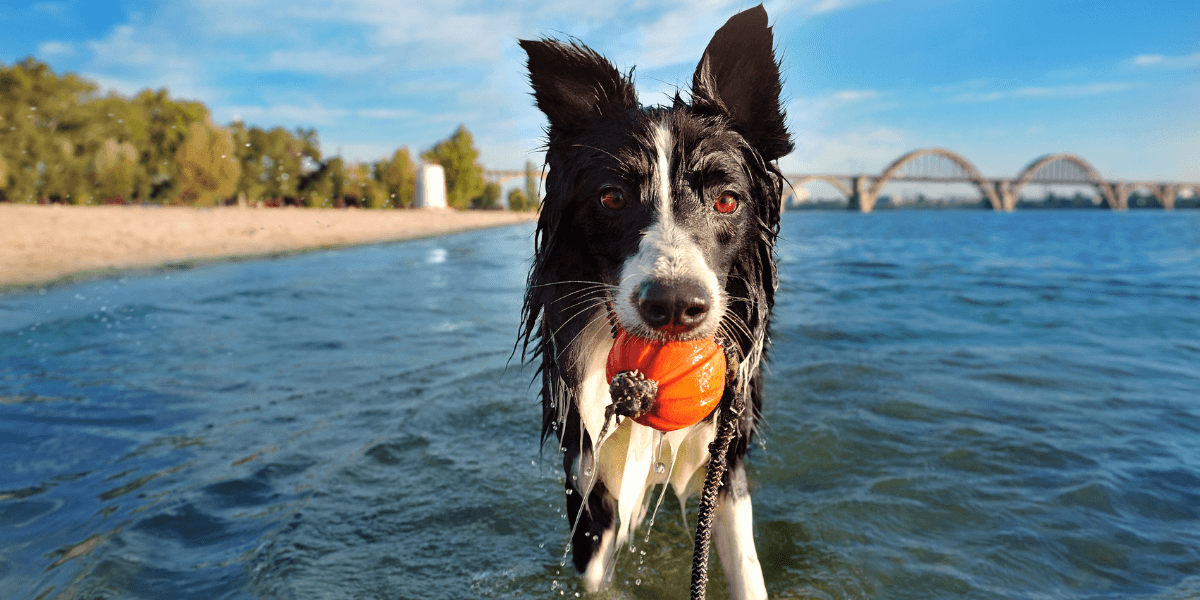
Effective training is key to enhancing and managing a Border Collie's natural skills.
- Start Early: Begin training and socialization as early as possible for best results
- Consistency: Use consistent commands and routines to reinforce learning
- Positive Reinforcement: Reward-based training methods work best with this breed
- Mental Challenges: Incorporate mental stimulation games to keep them engaged
- Exercise: Combine physical exercise with training to meet their energy needs
- Patience: Be patient and persistent; Border Collies can learn complex commands quickly
- Professional Help: Consider professional training if needed to address specific issues
Enhance your Border Collie's training by exploring effective techniques from Great Dane Training.
5. Health and Wellness
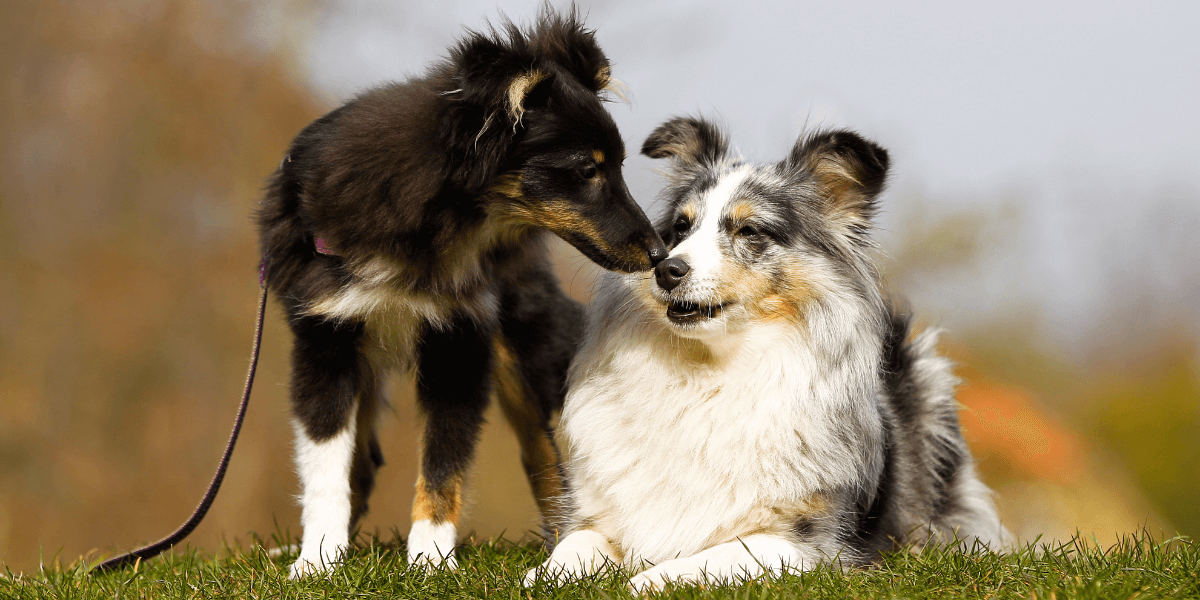
Maintaining your Border Collie's health requires consistent care and regular attention.
- Diet: Provide a balanced diet suited to their age, size, and activity level
- Exercise: Ensure daily exercise to meet their high energy and stamina needs
- Grooming: Regular grooming helps manage their coat and reduce shedding
- Veterinary Care: Schedule regular vet visits for vaccinations and health checks
- Dental Care: Regular dental hygiene is important to prevent oral health issues
- Preventive Measures: Use preventive treatments for parasites and other common issues
- Signs of Illness: Watch for health issues and seek vet advice promptly
6. Common Health Issues
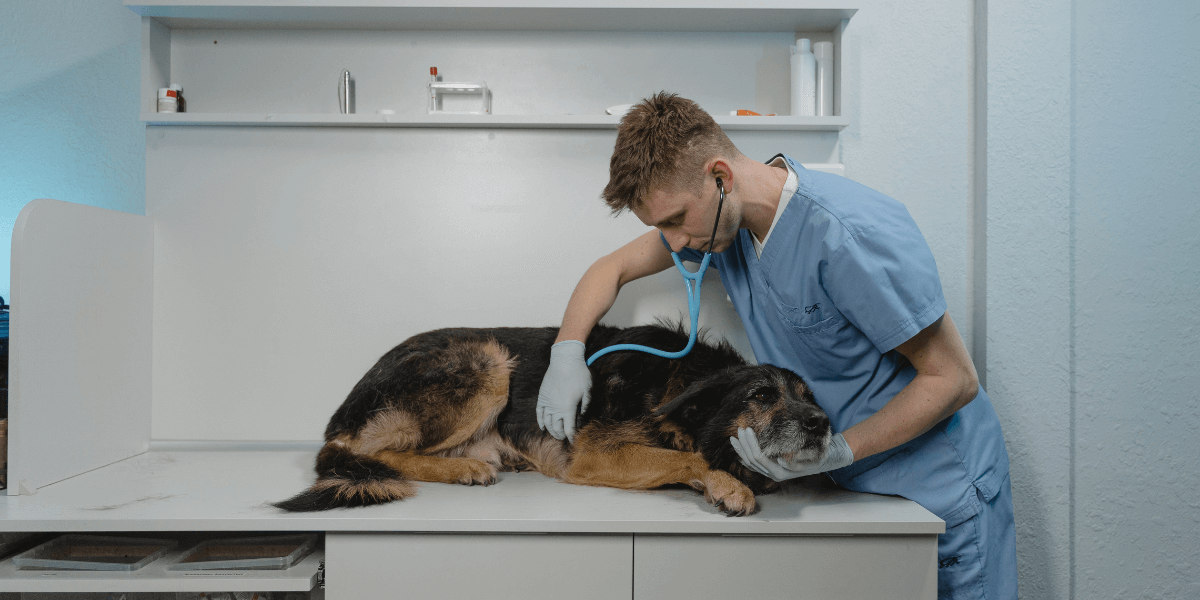
Border Collies are prone to certain health issues that require attention and care.
- Hip Dysplasia: A genetic issue causing hip pain and mobility problems in Border Collies
- Progressive Retinal Atrophy (PRA): An inherited eye condition that leads to vision loss
- Epilepsy: Seizures can occur, requiring medication and management
- Allergies: May suffer from allergies that cause itching and skin problems
- Collie Eye Anomaly (CEA): A genetic eye disorder that can affect vision
- Hypothyroidism: A condition where the thyroid gland does not produce enough hormones
- Dental Problems: Issues like tartar buildup and gum disease can arise
Learn about preventing hip dysplasia in Border Collies by reading Hip Dysplasia in Great Danes.
7. Activities and Sports
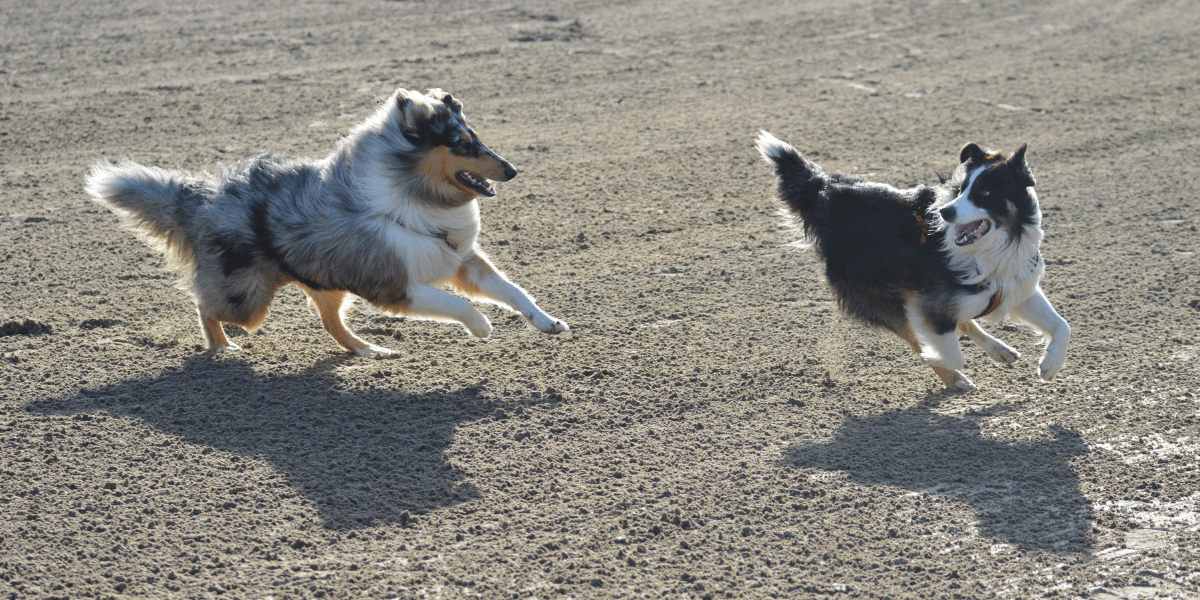
Border Collies excel in activities and sports that match their skills and high energy.
- Agility: Enjoys agility training, excelling in obstacle courses and challenges
- Herding Trials: Participates in herding trials, showcasing their natural abilities
- Flyball: Engages in flyball, a relay race that challenges speed and accuracy
- Obedience: Excels in obedience competitions, demonstrating high trainability
- Frisbee: Loves playing frisbee, showcasing their agility and catching skills
- Canine Sports: Thrives in sports with structured exercise and activity
- Interactive Games: Enjoys interactive games and puzzle toys that stimulate their minds
Discover engaging activities for your Border Collie inspired by The Ultimate Guide to German Shepherd Dog Training.
FAQs
1. What is the average lifespan of a Border Collie?
- Border Collies typically live between 12 to 15 years
2. How much exercise does a Border Collie need daily?
- They need at least 1 to 2 hours of exercise each day
3. Are Border Collies good with children?
- Yes, they are good with children when properly trained and socialized
4. Do Border Collies shed a lot?
- Yes, they shed regularly, especially during seasonal changes
5. How often should I groom my Border Collie?
- Grooming should be done weekly to manage shedding and coat health
6. What type of diet is best for a Border Collie?
- A balanced diet with high-quality protein and nutrients
7. Can Border Collies live in apartments?
- Yes, as the Ultimate Guide to Border Collie notes, with exercise and stimulation
Conclusion
- Proper care for your Border Collie includes knowing their history and specific needs
- Regular exercise, a balanced diet, and training are crucial for their well-being
- Use the Ultimate Guide to Border Collie to stay proactive and ensure their well-being
- Address common health concerns early to ensure a long, healthy life for your dog
- Engage in activities and sports that match their energy levels and intelligence
- Share this Ultimate Guide to Border Collie to help others understand and care better!
References
For more info on The Ultimate Guide to Border Collie, check out these resources:



